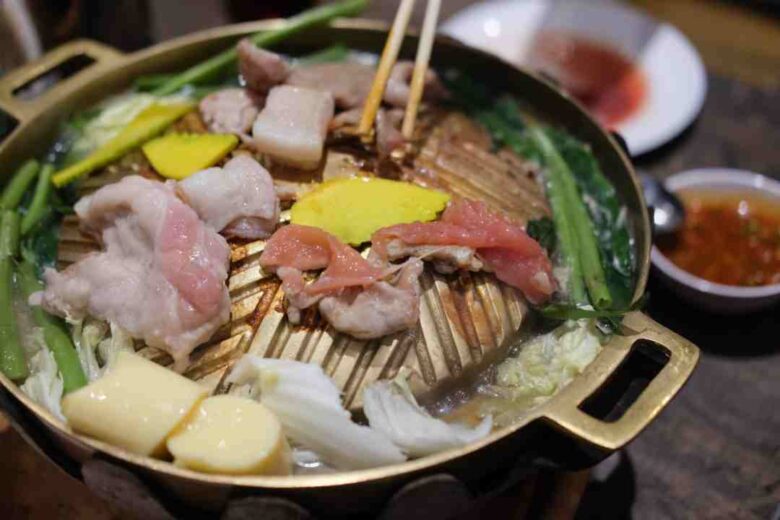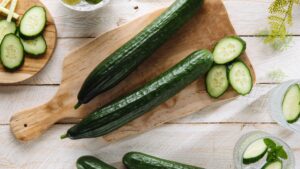During pregnancy, it’s important to make healthy dietary choices to support both your own health and the development of your baby. While many foods are safe to eat during pregnancy, there are certain foods that should be avoided or consumed with caution due to potential risks. Here’s a list of 10 foods to avoid during pregnancy:
- Raw or Undercooked Seafood: Raw fish and seafood, such as sushi, sashimi, and oysters, can expose you to harmful bacteria, viruses, and parasites that can lead to foodborne illnesses.
- High-Mercury Fish: Certain fish, like sharks, swordfish, king mackerel, and tilefish, are high in mercury, which can harm your baby’s developing nervous system. Opt for low-mercury alternatives like salmon, shrimp, and canned light tuna. Find more about 15 Health Benefits of Cucumber by visiting https://healthonlinezine.info/15-health-benefits-of-cucumber/
- Unpasteurized Dairy Products: Avoid unpasteurized milk and soft cheeses made from unpasteurized milk (e.g., feta, brie, camembert) as they may carry the risk of listeria infection.
- Raw or Undercooked Eggs: Raw or undercooked eggs can contain harmful bacteria like Salmonella. Ensure that eggs are fully cooked and avoid dishes with raw or partially cooked eggs.
- Processed Meats: Processed meats like deli meats and hot dogs can be contaminated with listeria. If you choose to eat them, ensure they are heated until steaming to kill any potential bacteria.
- Caffeine: High levels of caffeine intake during pregnancy can be linked to an increased risk of miscarriage and low birth weight. Limit your caffeine consumption to around 200 mg per day (equivalent to one 12-ounce cup of coffee).
- Unwashed Fruits and Vegetables: Thoroughly wash all fruits and vegetables to remove potential pesticides, bacteria, and dirt.
- Unpasteurized Juices: Just like with dairy products, avoid unpasteurized fruit juices as they can carry the risk of bacterial contamination.
- Alcohol: There is no safe level of alcohol consumption during pregnancy, as it can lead to birth defects, developmental issues, and other health problems for the baby.
- Highly Processed and Junk Foods: Limit the consumption of foods high in added sugars, excessive salt, and unhealthy fats. Focus on whole, nutrient-rich foods to support both your health and your baby’s development.
Remember that every pregnancy is unique, and individual dietary needs may vary. It’s a good idea to consult with your healthcare provider or a registered dietitian to create a personalized pregnancy diet plan that ensures you’re getting the nutrients you and your baby need while avoiding potential risks.




